Rethinking Learning Loss: When Students Don’t Use What They Learn
When rethinking learning loss, we should consider ‘transferability’ of knowledge to student life.
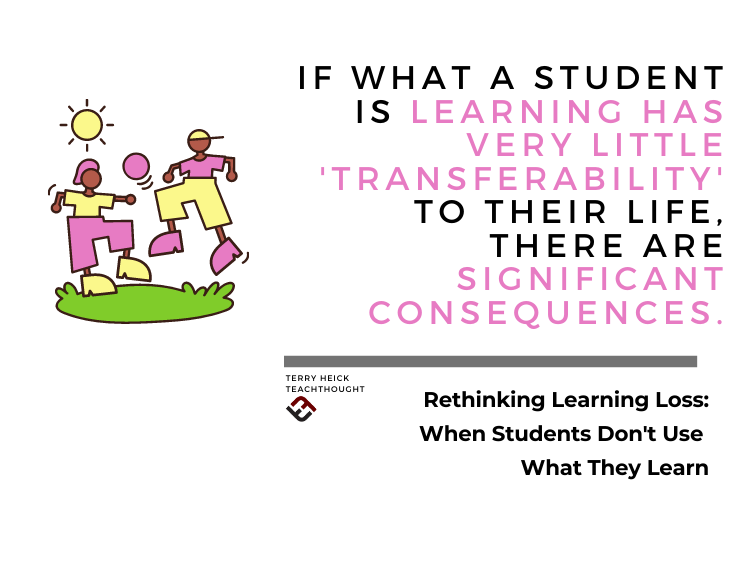
When rethinking learning loss, we should consider ‘transferability’ of knowledge to student life.
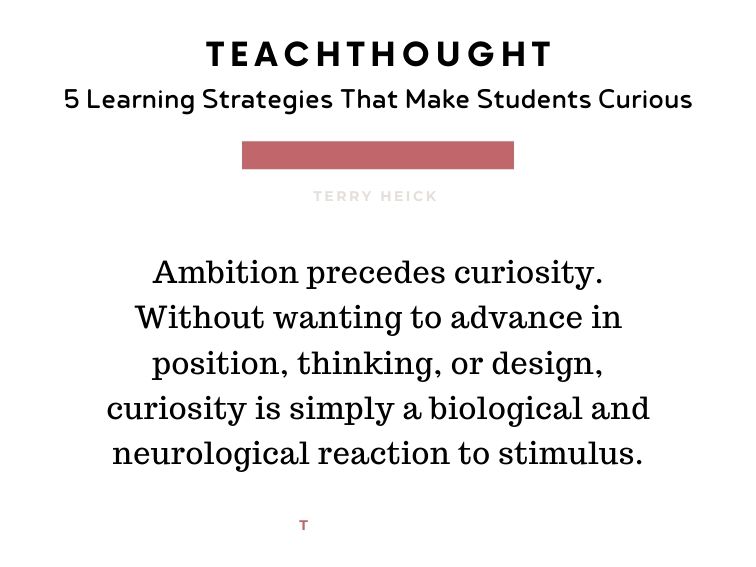
Ambition precedes curiosity. Without wanting to change or grow, curiosity is simply a momentary neurological reaction to stimuli.
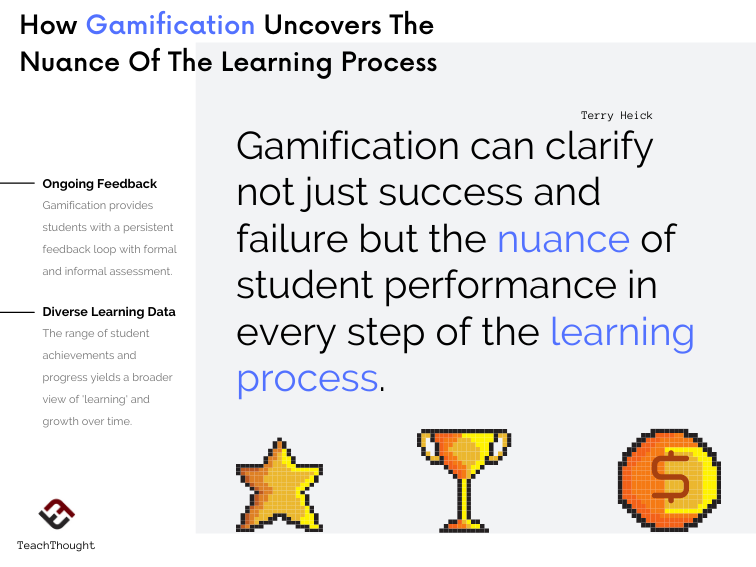
Gamification can clarify not just success and failure but the nuance of student performance in every step of the learning process.
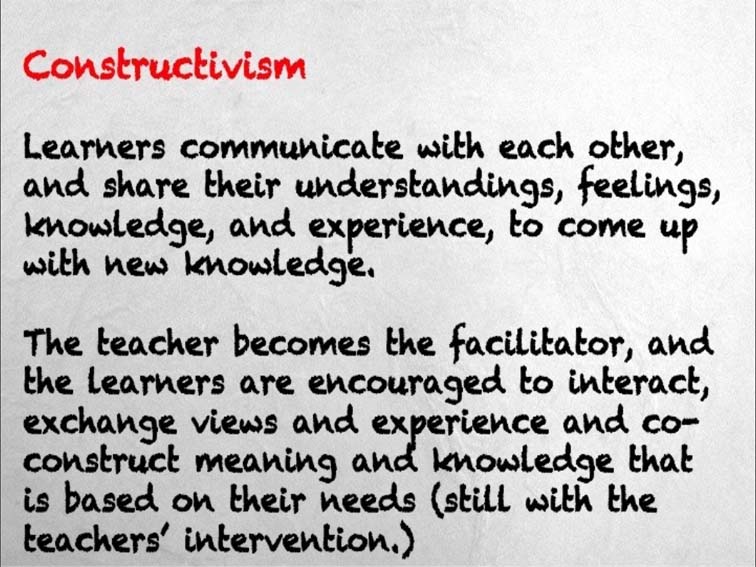
Connectivism is similar to constructivism. The difference lies in networks; rather than supplemental, they are primary sources.
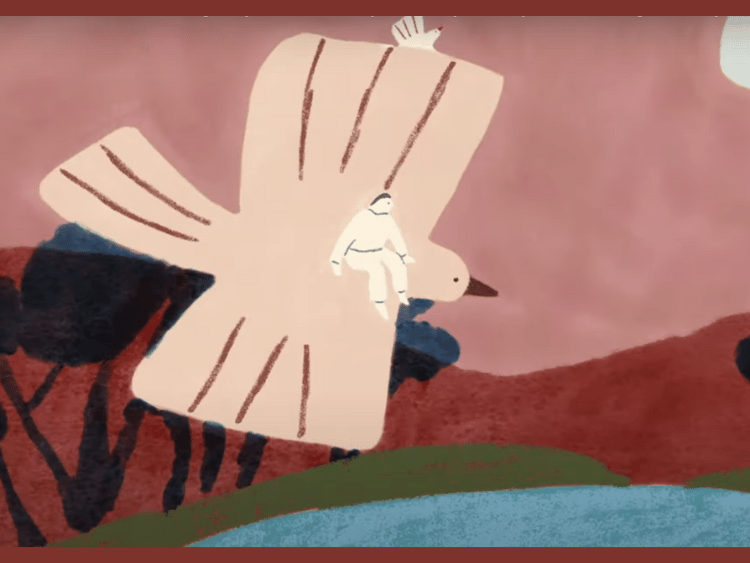
The dangers of human virtue include politics without principles, worship without sacrifice, science without humanity, and wealth without work.
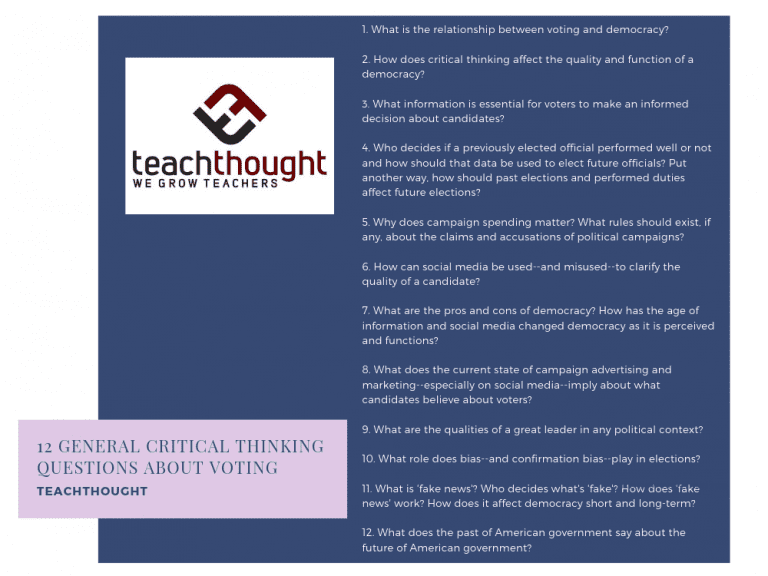
How can social media be used–and misused–to clarify the quality of a candidate?
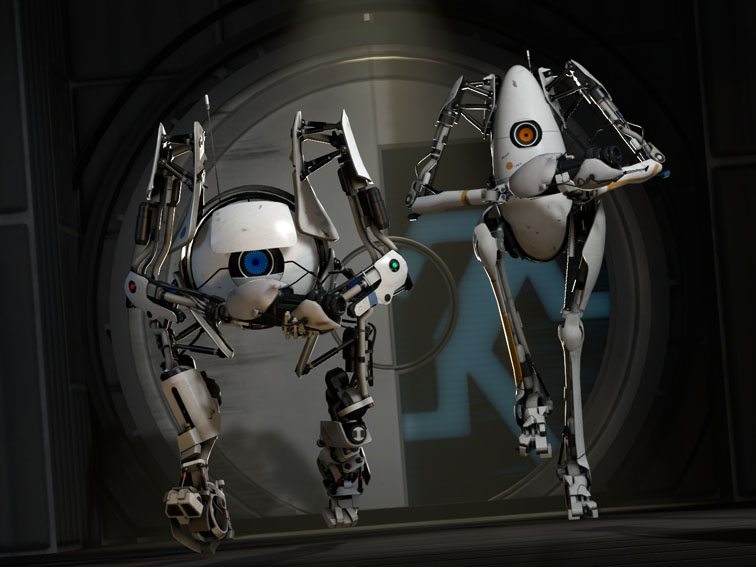
One student engagement strategy is to offer diverse pathways through content–pathways students would have to ‘unlock’ to progress.

The quality of an idea and the collective quality of the effects of that idea are two very different things.

In a digital classroom, teachers can become worried that no ‘real learning’ is happening or that they’ve somehow failed to plan sufficiently.
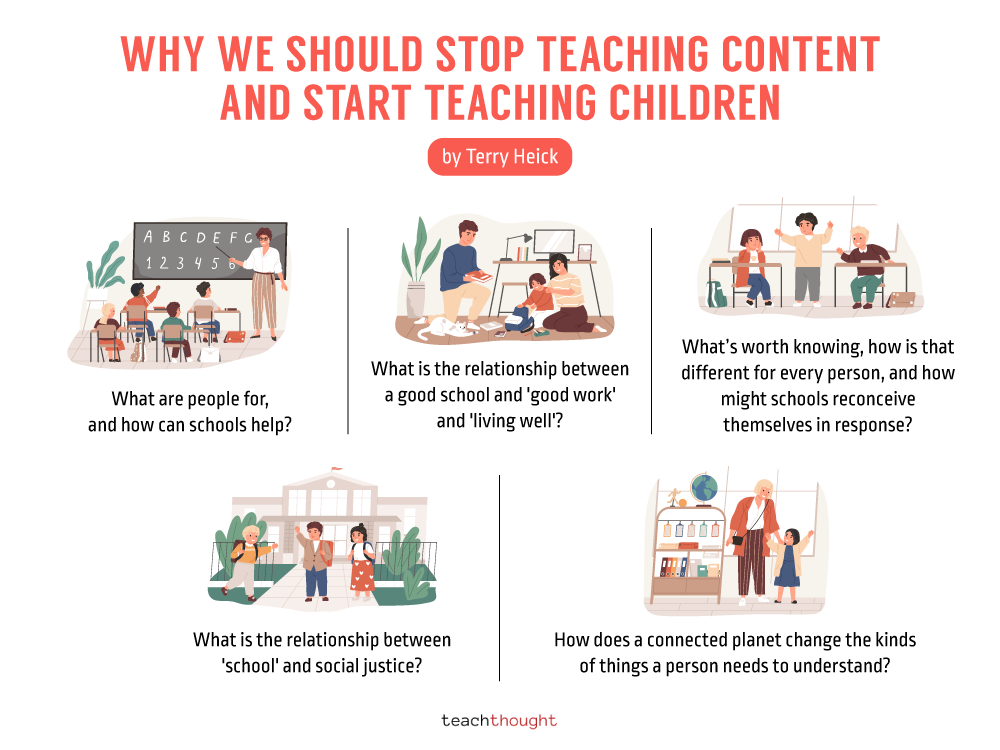
How is education changing? From blended learning to social justice, here are 20 questions to clarify your teaching for 2023.
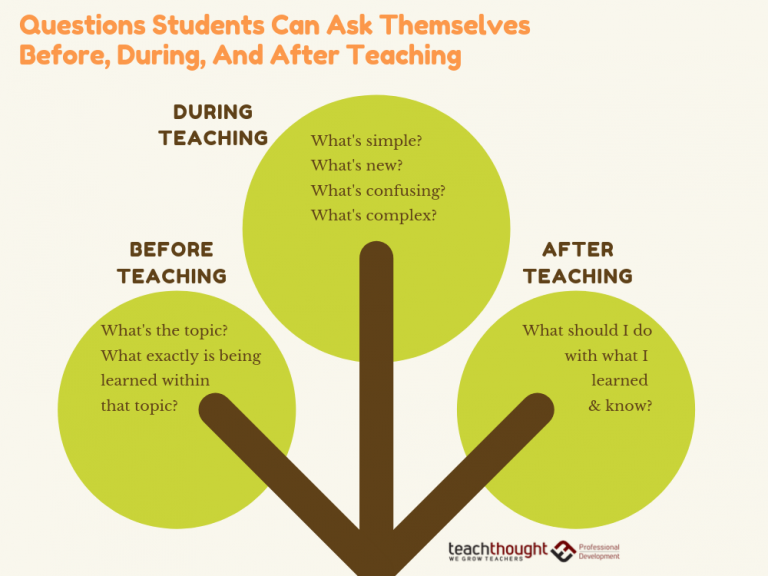
We’re sharing 75 questions students can ask themselves that can guide their thinking and awareness before, during, and after your teaching.
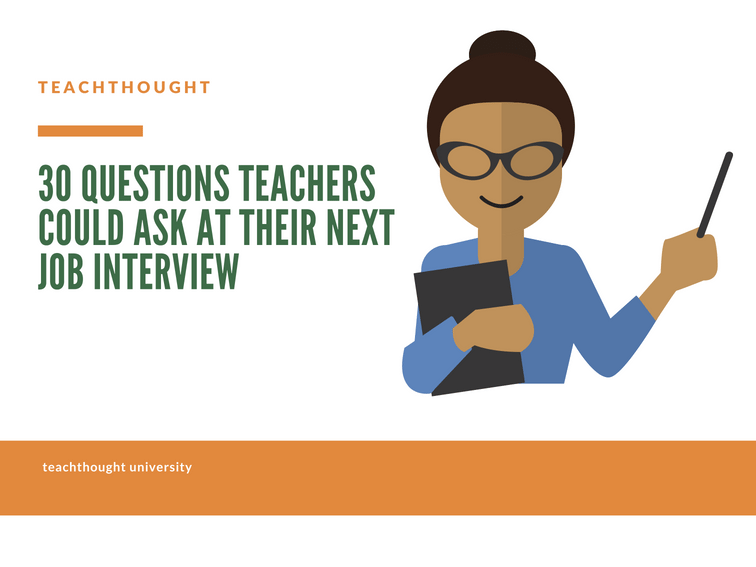
Do students like going to school here? Do teachers like teaching here? Here are 30 questions teachers can ask at their next job interview.
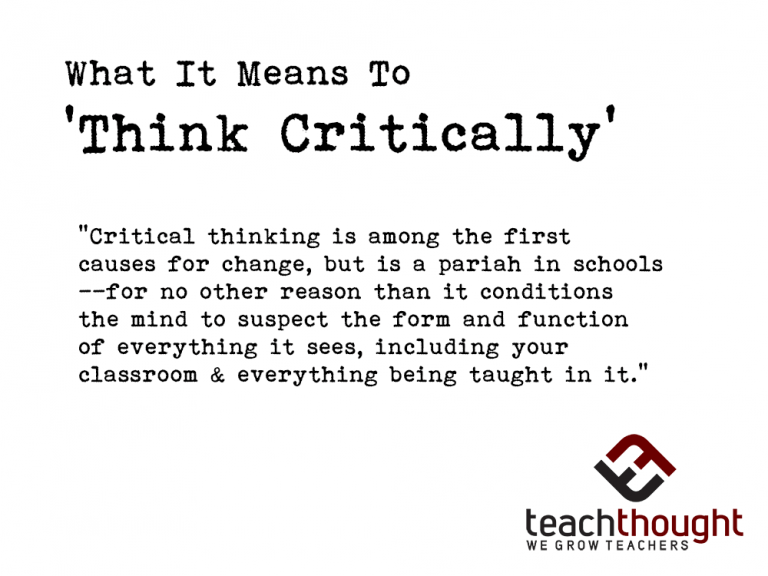
Critical thinking is the suspension of judgment while identifying biases and underlying assumptions in order to draw accurate conclusions.
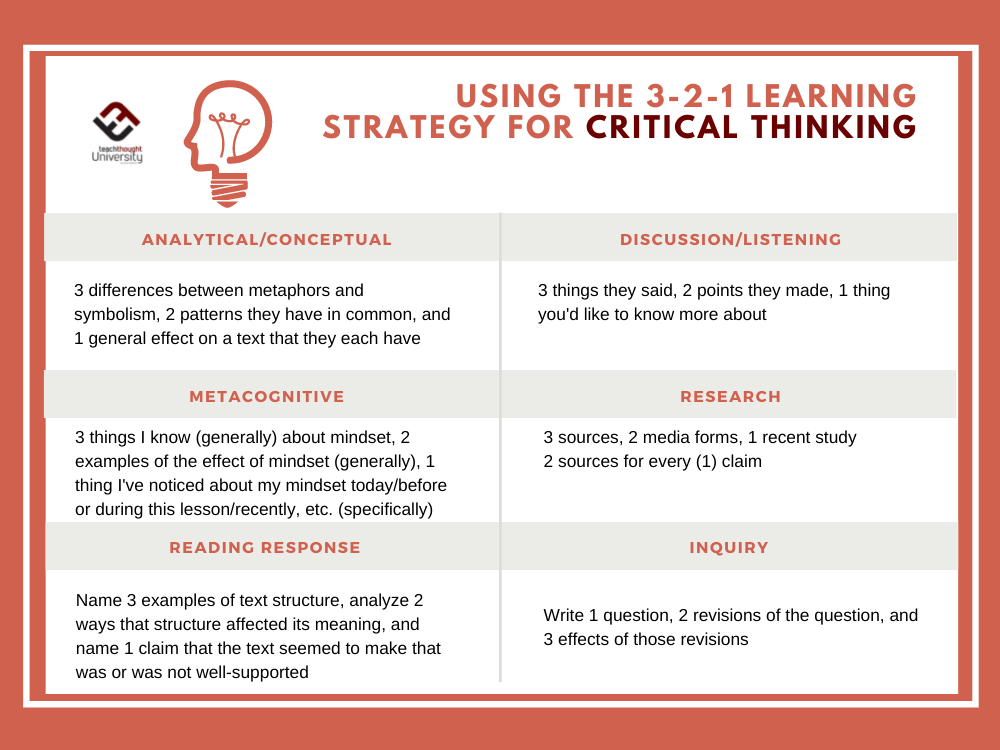
The 3-2-1 strategy is a simple way to frame a topic or task, making it useful for anything from discussion prompts to inquiry learning.